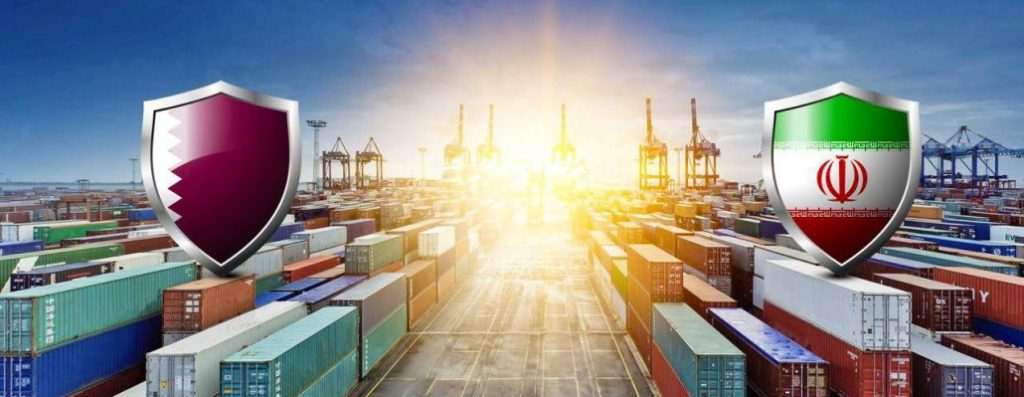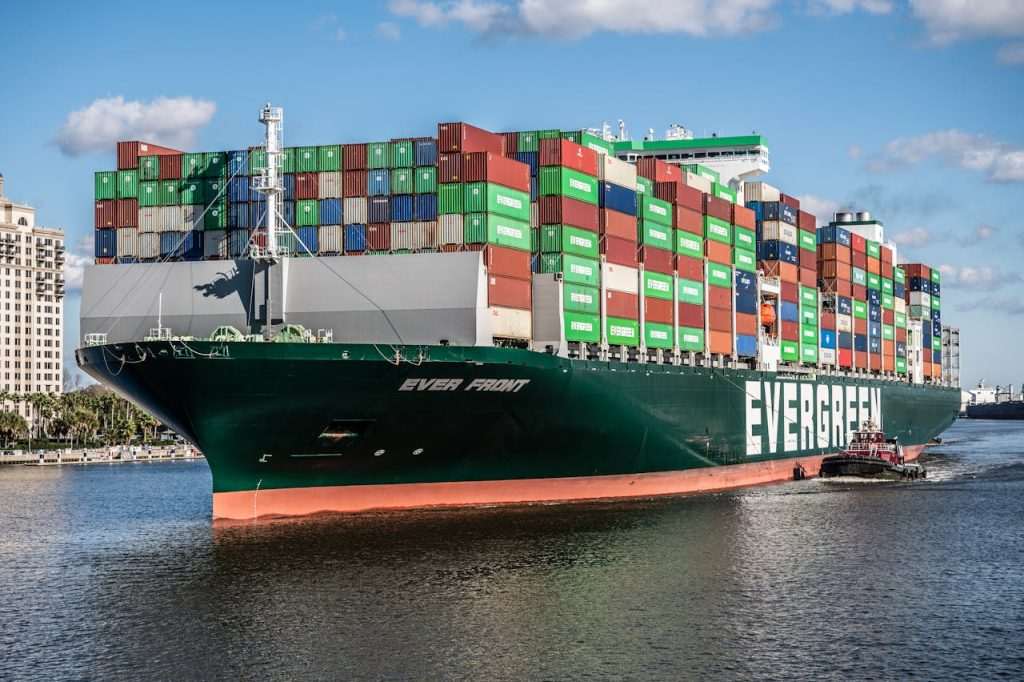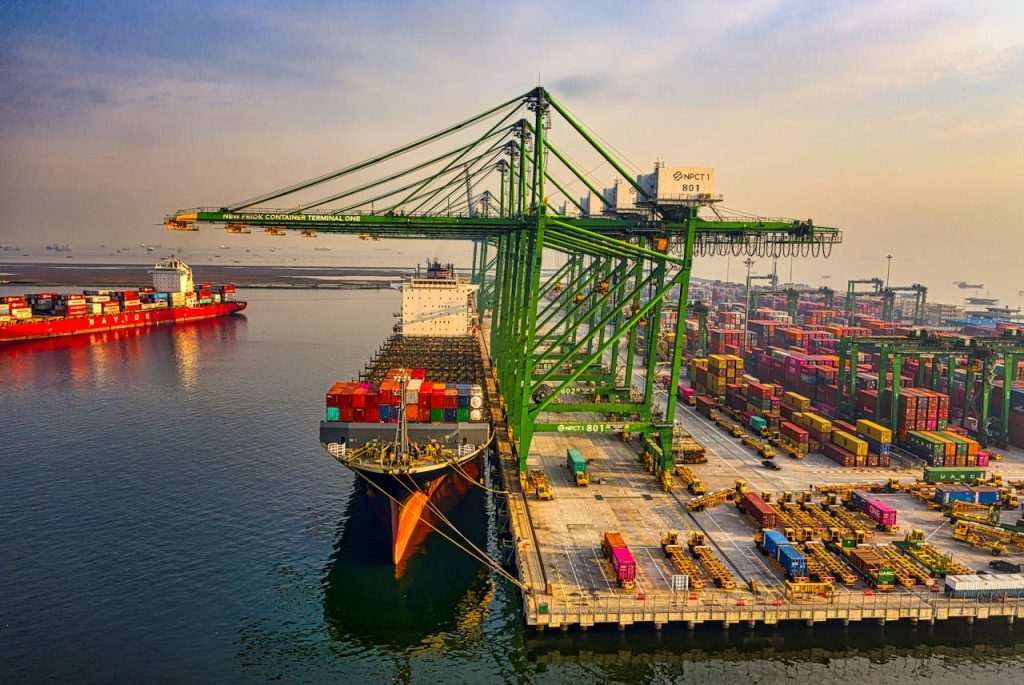Export to Qatar

How is export to Qatar?
Qatar, a country located south of Iran, has become an important center for trade and export activities in recent decades. With abundant wealth from oil and gas resources, this country is known as one of the wealthiest in the Persian Gulf region. Qatar’s economic and infrastructural advancements in recent years have attracted global attention. However, due to geographical limitations and a lack of agricultural resources, Qatar relies on imports from other countries to meet many of its food and agricultural needs. This country, which is mostly peninsular, has only one land border with Saudi Arabia, and its other borders lead to international waters. Qatar’s exports mainly include energy resources such as oil and especially natural gas, and in many other cases, the country is an importer of various goods.
Considering this information, it can be concluded that exporting agricultural products and food to Qatar could be a valuable opportunity for Iranian traders and exporters. A precise understanding of Qatar’s market needs and awareness of the country’s trade laws and regulations can act as a competitive advantage for exporters. In the following sections of this article, we will examine these opportunities more closely and discuss how to capitalize on them. Stay with us for more.
The Steps of Export to Qatar
Qatar, as one of the largest exporters of natural gas, plays a key role in the global energy market. This country, whose borders are mostly formed by the waters of the Persian Gulf, has become a primary destination for exports, especially food and agricultural products, due to geographical limitations and a shortage of agricultural resources. Positive diplomatic relations between Iran and Qatar have provided opportunities for Iranian traders to operate in this competitive market.
Exporters intending to export their goods to Qatar must carefully study the export conditions and regulations of this country. Knowledge of Arabic, as the official language of Qatar, can be beneficial in this process, although using the services of professional translators is also a reliable option. Additionally, English is used as a second language in this country and can be utilized in business communications. Respecting the culture, customs, and political and social conditions of Qatar is also of great importance.
Furthermore, exporters must continuously monitor the Qatari market to identify specific market needs and export their products accordingly. Without a proper understanding of the target market, exports may face challenges and not achieve the desired results.
Finally, having a commercial card is essential for carrying out export activities to Qatar. Exporters should obtain this card by visiting relevant authorities such as the Ministry of Industry, Mine and Trade or the chambers of commerce to continue their commercial activities.
Export Methods to Qatar
The process of exporting goods to Qatar, like other countries, requires strict adherence to local laws and regulations. Qatar, mostly a peninsula in the Persian Gulf, relies heavily on imports of many goods due to limitations in agricultural land. This dependency creates opportunities for exporters to use maritime and aerial routes to export their products to the country.
Before starting the export process, a thorough examination of the target market in Qatar and understanding consumer needs is essential. This helps exporters to select appropriate products and offer them at competitive prices. After finding customers and importers in Qatar, business negotiations begin, and sales contracts are drafted. At this stage, it is important for exporters to be familiar with the language and business culture of Qatar to establish effective communication.
Packaging and transportation of goods must also comply with international standards and Qatari customs regulations. Goods must be properly packaged, sealed, and delivered to customs transportation units to ensure their health and security during transit.
Given the shortage of skilled labor and processing industries in Qatar, exporting technical and industrial goods can also be a profitable market for exporters. Ultimately, familiarity with Qatar’s export laws and regulations, as well as having up-to-date information on the country’s market, can assist exporters in succeeding in this market. In the continuation of this article, we will provide a more comprehensive examination of these processes and key points related to exports to Qatar. Stay with us to gain more information on this topic.

Currency and Customs Regulations for Export to Qatar
A precise understanding of Qatar’s customs and currency regulations is of special importance for goods exporters from Iran. These regulations, influenced by the bilateral relations between Iran and Qatar, facilitate the import process. In Qatar, taxes and customs duties are calculated based on the CIF value (Cost, Insurance, and Freight), allowing exporters to more accurately forecast their costs.
Economic cooperation between Iran and Qatar has led to the creation of free trade zones where tax and customs exemptions exist for trade. This reduces trade barriers and aids in facilitating exports.
In 2003, the member countries of the Gulf Cooperation Council signed an agreement that established uniform customs duties for the import of goods. These customs duties are usually five percent of the value of the goods, but are eliminated in the free trade zones.
Qatar also has flexible currency regulations that allow traders to conduct their financial activities without restrictions on the entry and exit of currency. These policies have made Qatar an attractive destination for exporters and have turned the trading experience with this country into one of the most desirable for Iranian traders. In the following, we will examine more details of these regulations and how they affect the export process. Stay with us to gain more complete information on this topic.
Which countries export goods to Qatar?
In today’s interconnected world, international trade plays a pivotal role in the economies of countries. Qatar, as a key player in the global energy market, is recognized not only as a major exporter of oil and gas but also as a significant destination for the import of diverse goods. According to data published by the World Trade Organization (WTO), countries such as the United States, members of the European Union, and China have allocated a substantial portion of Qatar’s import market to themselves. Meanwhile, Iran, despite having abundant potential, has a relatively smaller share in this market, although there are opportunities to increase this share through improving trade relations and utilizing its competitive advantages.
In terms of gas exports, Qatar exports gas to countries like Japan with a share of 18.2%, South Korea with 17.86%, India with 13%, China with 11.90%, Singapore with 7.36%, Thailand with 4.71%, and Chinese Taipei with 3.86% of its total exports. These statistics indicate the geographical and strategic diversity of Qatar’s trading partners.
On the other hand, countries exporting goods to Qatar include the USA with 20.36%, France with 13.57%, the UK with 10.27%, China with 7.59%, Germany with 5.11%, Italy with 4.89%, India with 4.12%, Switzerland with 3.66%, and Turkey with 3.66%. These countries have been able to establish their position in the Qatari market by leveraging their trade advantages and solid diplomatic relations.
Considering this data, Iran can increase its share in the Qatari market by focusing on strengthening its trade infrastructure, improving diplomatic relations, and offering quality and competitive goods. Moreover, a better understanding of Qatar’s market needs and providing innovative solutions to meet these needs can serve as an effective strategy for expanding Iran’s exports to the country. Next, we will delve deeper into the opportunities and challenges facing Iranian exporters in the Qatari market. Stay with us to learn more about this topic.
The Diversity of Iran’s Export Goods to Qatar
Iran, as one of the main players in international trade, sends a variety of products to global markets, especially neighboring countries. Qatar, given its close geographical location and strong trade ties, is considered one of Iran’s prominent trading partners. The shared maritime border between Iran and Qatar, which extends over 250 kilometers, provides ample opportunities for trade exchanges.
According to statistics published by the Islamic Republic of Iran Customs Administration in the year 1397 (2018-2019), Iran’s total exports to Qatar through various ports such as Bandar Lengeh, Imam Khomeini, Shahid Rajaee, and Bushehr amounted to approximately 225 million dollars. These exports include the following items:
Food Products: Including nuts, dried fruits, pistachios, saffron, and various fruits and vegetables that require special care in packaging and transportation to prevent spoilage. Saffron: Iran is known as the world’s largest producer of saffron and exports a significant volume of this high-quality product to Qatar, where it is warmly welcomed. Handicrafts: With its cultural and ethnic diversity, Iran produces unique handicrafts such as handwoven carpets and kilims that are in demand in global markets. Livestock Products: Including meat from livestock and poultry, as well as live animals and birds, which require precise time management to prevent spoilage and damage. Agricultural Products: Such as straw and fodder and other products related to animal husbandry. Mineral Materials: Including cement stone, iron, gypsum, and other minerals extracted from Iranian mines. Industrial Products: Including iron profiles, metal sheets, and parts used in the automotive and construction industries. Processed Products: Such as biscuits, canned goods, and other packaged food items.
Market studies in Qatar show that the most important Iranian export items to this country include meat and chicken, rice, onions and garlic, various vegetables and fruits, vehicles, aircraft parts, and communication and telecommunication equipment, which are popular in the Qatari market due to their superior quality and diversity.

Export to Qatar via Dayyer Port
Dayyer Port, located in the heart of Dayyer County and in the southern region of Bushehr Province, plays a vital role in Iran’s maritime economy. As one of the major fishing centers in Iran, the port not only satisfies the country’s domestic needs for seafood but also plays a prominent role in exporting these products to neighboring countries, especially Qatar.
Exports from Dayyer Port to Qatar, as one of the most important maritime trade routes, have managed to allocate a significant portion of Iran’s export revenues for themselves. Relying on its strategic location and advanced facilities, the port has become a hub for exporting various goods, including fish and other seafood products, to Qatar.
In line with strengthening this vital route, the authorities of Dayyer Port have made extensive efforts to overcome obstacles and challenges facing exporters. These measures include improving port infrastructure, facilitating customs processes, and upgrading maritime transportation systems to ensure that goods quickly and smoothly reach their destination in Qatar.
With these advancements, Dayyer Port is not only recognized as an important export center for Iran but also as a significant connection point in the regional trade network of the Persian Gulf. Considering its geographical proximity to Qatar and suitable facilities for maritime transport, the port is ready to serve as a main axis in the development of trade relations between the two countries in the future.
Barriers and Challenges in Export to Qatar
In the complex and competitive world of international trade, exporting goods to other countries can bring significant economic opportunities. However, this process is not without challenges, and exporters must confront a set of problems that can impact their success in global markets. Regarding exports to Qatar, there are barriers that require immediate attention and action.
Strengthening Transportation Infrastructure: One of the biggest obstacles in exporting goods to Qatar is the lack of strong air and sea transportation infrastructure. This issue causes the export process to be slow and inefficient, resulting in exporters being unable to deliver their goods to the Qatari market on time and with the desired quality. To address this problem, significant investments must be made to improve and develop air and sea routes to facilitate faster and more reliable access to Qatari markets.
Upgrading Packaging Standards: Another problem faced by exporters is the poor quality of product packaging. Packaging should not only protect the product during transportation but also be designed to be attractive to customers. Qatar prefers to import products with beautiful and sturdy packaging. Therefore, exporters need to invest in upgrading their packaging standards to succeed in the competitive Qatari market.
Creating Logistic Facilities: The absence of cargo centers and large industrial refrigerators near Qatar is another significant barrier that needs to be addressed. These facilities are essential for facilitating the transit process of goods and maintaining product quality during transportation. Fars Airport, as one of Iran’s major airports, has the potential to become an important cargo center that can help increase Iran’s share in the export market to Qatar.
Considering these points, comprehensive strategies must be developed and implemented to increase competitiveness and improve the export situation to Qatar. These strategies should include improving transportation infrastructure, enhancing packaging quality, and creating suitable logistic facilities. These actions can strengthen Iran’s position in global markets and create new opportunities for Iranian exporters.
Tata Trading Company’s Goods Export
Considering the challenges and complexities of the export process, Tata Trading Company, leveraging its extensive knowledge and experience in international trade, is ready to offer advisory and operational services to esteemed companies and merchants. At Tata Trading Company, with innovative and optimized solutions, we guarantee that your goods will be exported in the best possible manner, adhering to all international standards.
We are with you at every stage of the export process, including preparing necessary documents, standard packaging, transportation, customs clearance, and ultimately ensuring the goods reach your customer. Utilizing a vast network of business partners around the world, Tata Trading Company is able to provide the best transportation options for your goods and ensure that they reach your customers on time and without any issues.
By trusting Tata Trading Company, you can focus on expanding your business. For more information and free consultation, please contact us.

